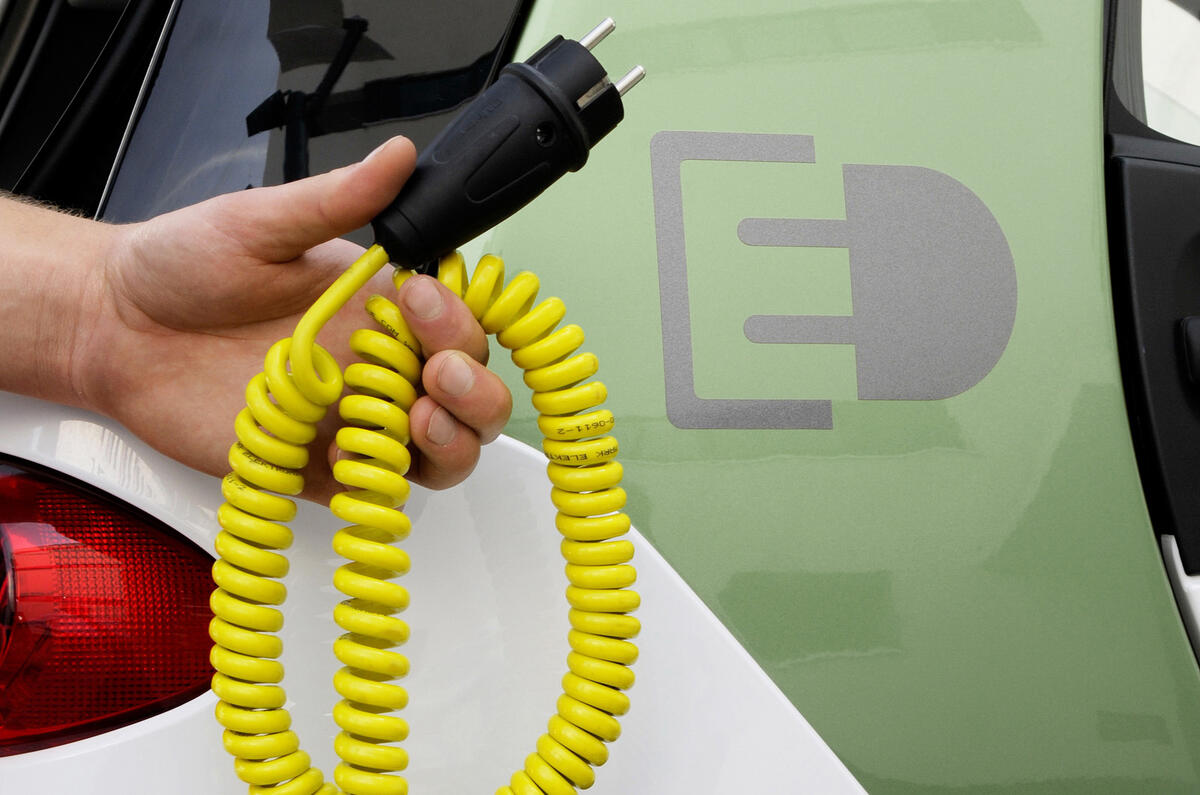Mercedes-Benz is spearheading advanced new technology that allows electric cars to talk directly with the national grid to enable cheaper and more efficient charging of EVs.
Fleet tests of its Smart Fortwo ED and Mercedes A-class E-cell highlighted the need for EVs to be able to talk to the grid to bring down the burden placed on grids by EVs and reduce the electricity bills of users by using power when it is at its cheapest.
Read Autocar's first drive review of the Mercedes-Benz A-class E-cell
Mercedes is now leading a research group that includes representatives from all major German and French manufacturers, Detroit’s Big Three and Toyota to make this vehicle to grid communications interface standard on all future EVs from these companies.
The owner will plug their EV into the grid at their home when it is not in use and, using a Smartphone or iPad app, will inform the grid when they will use their vehicle next.
Instead of the EV charging linearly straight away, it will charge from the grid when the stress on the grid is at its lowest – and energy is at its cheapest – but the grid will also be able to take and buy power back from the EV when it is needed at peak times when the strain on the grid is at its greatest. The vehicle will always be fully charged by the time needs it next.
The senior manager for vehicle to grid communications at Mercedes’ parent firm Daimler, Werner Preuschoff, said the technology would allow grids to better accommodate EVs to stop unnecessary strains at peak times and reduce costs for the EV owners.
“The tech is particularly relevant for the US where energy companies are scared of what impact EVs could have on the grid,” he said. “As soon as the EV can interact with the grid, EVs become viable as their impact can be understood and managed especially as there is going to be so many of them.”
Preuschoff said it was important that owners, not the grid, had control and it would be up to them if they allowed their EV to talk to the grid. He said the research group was talking to energy companies about establishing contracts that allowed them to take power back from EVs, providing they in return benefited the user with reduced costs. “The user has to be the master, not the grid,” he said.
The technology was first developed last year and Mercedes expects it to be used for the first time in the production version of the Smart Fortwo ED in 2012. It will be used “in all plug-in vehicles thereafter”, according to Preuschoff.




Add your comment